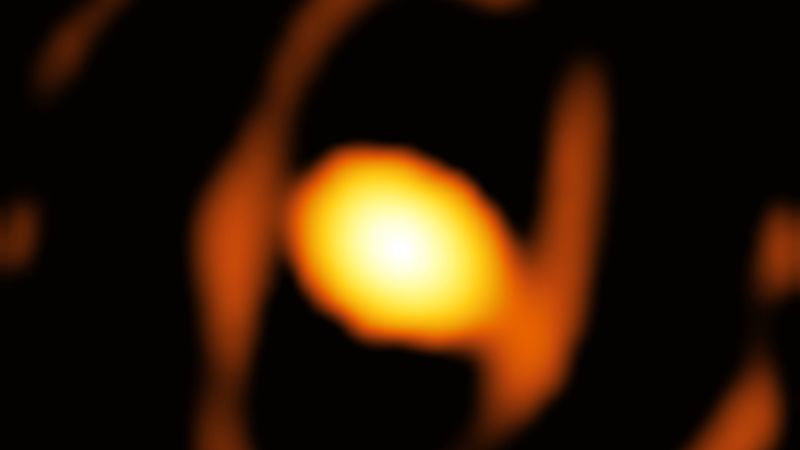
Receivers
In space and astronautical engineering, receivers are electronic devices used to receive and process signals from various sources such as satellites, spacecraft, and ground-based transmitters. Receivers are critical components of communication systems used in space missions, as they enable the transmission of data, images, and other information between spacecraft and ground stations. Receivers are designed to operate in harsh space environments, including extreme temperatures, radiation, and vacuum conditions. They are also used in navigation systems, such as GPS, to determine the position and velocity of spacecraft. Receivers can be classified based on their frequency range, sensitivity, and other parameters. Some common types of receivers used in space and astronautical engineering include radio frequency (RF) receivers, microwave receivers, and optical receivers.
Your Previous Searches
Random Picks
- Surface Treatments: Surface treatments refer to the various processes and techniques used to modify the properties of a material's surface. In the context of space and astronautical engineering, surface treatments are used to improve the performance and durabi ... Read More >>
- Oxygen Utilization: Oxygen utilization refers to the process of consuming oxygen for various purposes in space and astronautical engineering. In spacecraft, oxygen is used for breathing purposes by astronauts, as well as for combustion in rocket engines. The e ... Read More >>
- Chemical Elements: Chemical elements are the basic building blocks of matter, each consisting of a unique type of atom characterized by its atomic number, symbol, and atomic weight. In the context of space and astronautical engineering, chemical elements play ... Read More >>
Top News

Archaeologists discover 4,000-year-old canals used to fish by predecessors of an...
Using drones and Google Earth imagery, archaeologists have discovered a 4,000-year-old network of earthen canals in what’s now Belize...
News Source: ABC News on 2024-11-22

First close-up image of a star beyond our galaxy may reveal impending supernova...
Astronomers have taken the first close-up image of a star beyond our galaxy, and it’s a “monster star” surrounded by a cocoon as it slowly dies....
News Source: CNN on 2024-11-21

Bestselling author explains the science of happiness: "You can do the work"...
Bestselling author and Harvard professor Arthur Brooks opens up about how enjoyment, satisfaction and meaning in life can increase a person's wellbeing....
News Source: CBS News on 2024-11-18

November's full moon, known as the Beaver Moon, is the last supermoon of 2024. H...
November's full moon, known as the Beaver Moon, is the last supermoon of 2024. Here's when it peaks and why it's called the Beaver Moon....
News Source: CBS News on 2024-11-15

You can't put a price on the sense of awe particle physics inspires...
Astronomy and particle physics are no longer seen as vital by the US establishment, so funding has fallen. But our work creates a sense of wonder, and wonder matters, says Chanda Prescod-Weinstein...
News Source: New Scientist on 2024-11-13